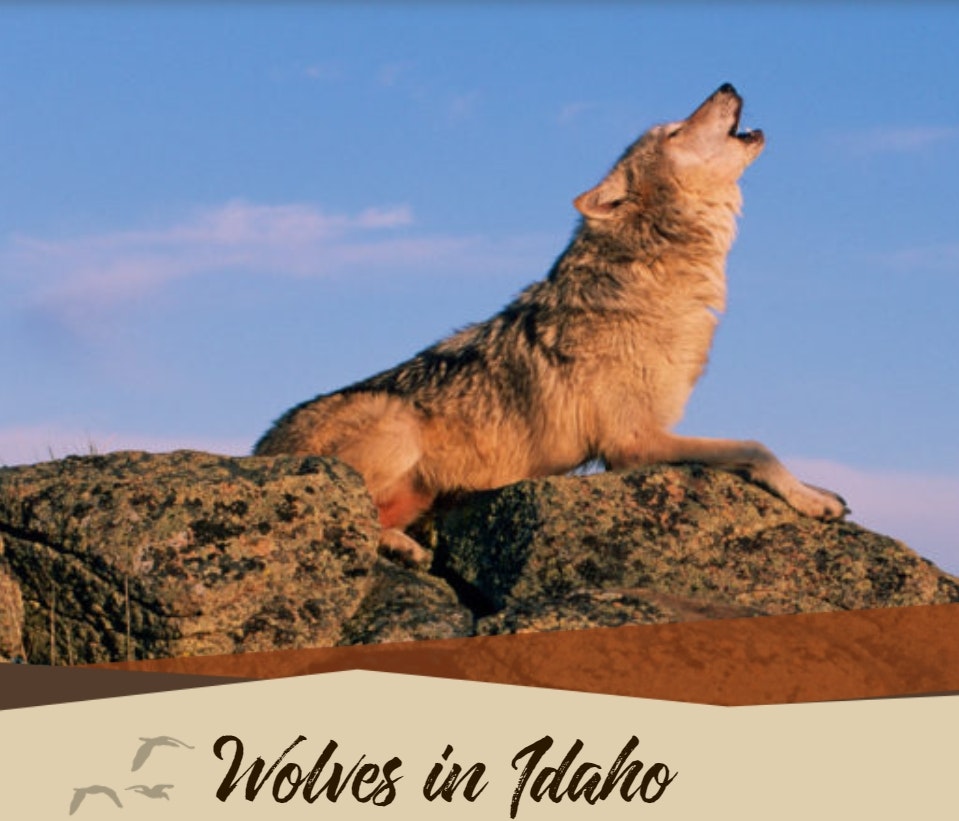Wolf Management Insight from Idaho
IRRC 5-part Educational Wolf Series

The Idaho Rangeland resources Commission (IRRC) put together an award-winning educational series “Wolves in Idaho”.
Each of these videos leads into the next one. Understanding the history, the perspectives of many of the impacted people, the challenges of raising livestock in Idaho, the research on wolf and livestock interactions, and the management restrictions based upon laws all contribute to a clear understanding of this complicated issue. This series was released in 2019.
---
In light of the recent wolf depredations occurring in Grand, Jackson, and Routt Counties, the fourth part of the series, Wolves Part 4: Unforeseen impacts caused by wolves in Idaho, provides interesting insight into the lasting impacts of wolf-livestock interactions.
- Less forage consumption and poor use of range
- Lighter calves or lambs coming off the range
- Reduced pregnancy rates in mother cows – “Breeding back”
- Greater likelihood of getting sick
- Stressed cattle attacking herding dogs
- Mother cows killed by wolves
- Elk hanging out on private ranchland, seeing it as a safe zone
CLICK HERE TO WATCH THE VIDEO!
An Oregon State University study documented that cattle traumatized by wolves suffer from Post-Traumatic Stress Disorder or PTSD, the same issue affecting American combat veterans. “Wolf attacks create bad memories in the herd and cause a stress response...,” said Reinaldo Cooke, an Oregon State animal scientist who did the study.
Other Resources from the IRRC
Wolves – A Primer for Ranchers (Oregon State University)
Cows witnessing wolf attacks can suffer from PTSD (Oregon State University)
Wolf predation of cattle affects calf weight in Montana (University of Montana)
